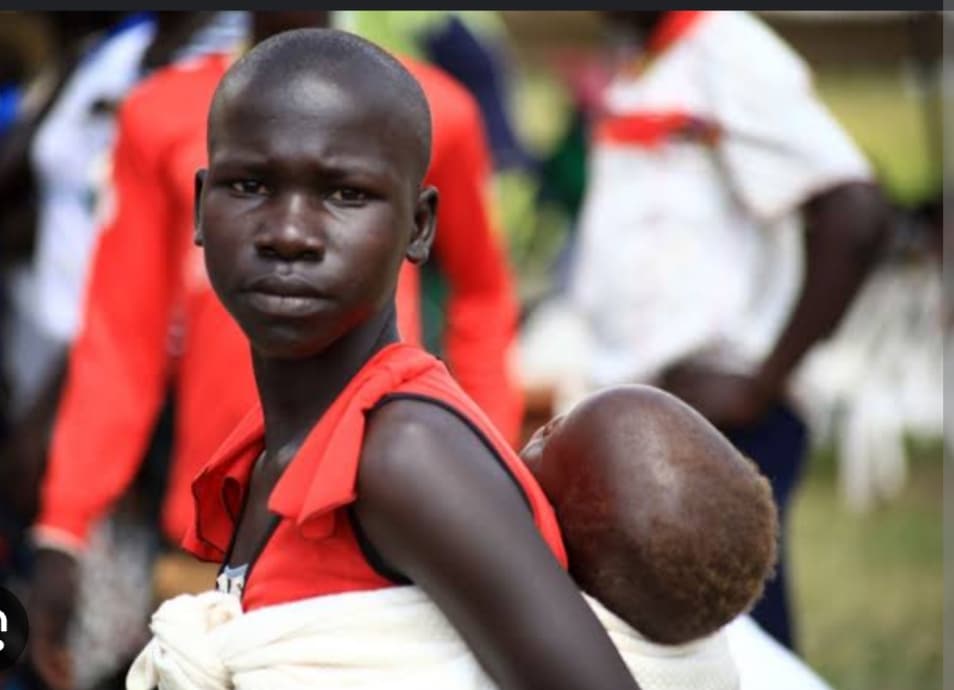
What can the government do to stop early marriages?
Governments play a crucial role in addressing the issue of early marriages, which can have detrimental effects on individuals, families, and societies. To effectively combat early marriages, governments can implement a wide range of policies, programs, and initiatives. Here are some key actions they can take:
Legal Reforms:
Raise the Legal Marriage Age: Governments can amend or enact laws that raise the minimum legal age for marriage to 18 for both girls and boys, in line with international standards. These laws should be strictly enforced.
Eliminate Legal Exceptions: Eliminate legal loopholes that allow for child marriages, such as parental consent or judicial exceptions.
Public Awareness and Education:
Comprehensive Sex Education: Integrate comprehensive sex education into school curricula to educate children about their rights, reproductive health, and the consequences of early marriage.
Community Awareness Campaigns: Launch awareness campaigns to inform communities about the negative consequences of child marriage, emphasizing the importance of education and gender equality.
Access to Quality Education:
Invest in Education: Allocate resources to improve the quality of education and make it accessible to all children, especially girls, in both urban and rural areas.
Scholarships and Incentives: Provide scholarships and incentives to encourage families to keep their children, particularly girls, in school.
Economic Empowerment:
Vocational Training: Offer vocational training programs for young women to enhance their skills and employability, reducing economic pressures that may drive early marriages.
Microfinance and Small Business Support: Promote entrepreneurship among women by providing access to microfinance and business development support.
Social Services and Support:
Healthcare Services: Ensure access to healthcare services, including reproductive health services, for young women to address their specific needs.
Counseling and Support Services: Establish support networks, including counseling services, for girls at risk of or affected by early marriages.
Legal Enforcement and Reporting Mechanisms:
Strengthen Law Enforcement: Train law enforcement officials and judiciary personnel to enforce child marriage laws effectively.
Establish Reporting Mechanisms: Create mechanisms for reporting and responding to cases of child marriage, ensuring that victims have a safe and supportive environment to seek help.
Engage Communities and Religious Leaders:
Community Mobilization: Work with community leaders, including religious leaders, to change social norms and traditions that perpetuate child marriage.
Alternative Rites of Passage: Promote alternative rites of passage ceremonies that do not involve marriage for girls transitioning into adulthood.
Data Collection and Research:
Collect Data: Invest in data collection and research to understand the prevalence, causes, and consequences of child marriage within specific regions or communities.
Evidence-Based Policies: Use research findings to inform the development of evidence-based policies and programs.
International Cooperation:
Collaborate with International Organizations: Partner with international organizations and NGOs to access resources, technical expertise, and best practices in addressing child marriage.
Legal and Policy Frameworks:
National Action Plans: Develop and implement national action plans or strategies to address child marriage comprehensively.
Ratify International Conventions: Ratify and adhere to international conventions like the Convention on the Rights of the Child and the Convention on the Elimination of All Forms of Discrimination Against Women (CEDAW).
Data Disaggregation by Gender and Age: Collect data that is disaggregated by gender and age to identify vulnerable groups and target interventions effectively.
Engage Men and Boys: Promote gender equality by engaging men and boys in discussions and initiatives that challenge traditional gender roles and norms.

In conclusion, governments have a critical role to play in preventing early marriages. By implementing legal reforms, promoting education, providing economic opportunities, strengthening social services, engaging communities and religious leaders, and collaborating with international organizations, governments can work towards ending the harmful practice of early marriages and ensuring a brighter future for their youth, particularly girls. These efforts must be part of a holistic, multi-sectoral approach to address the root causes and consequences of child marriage.




